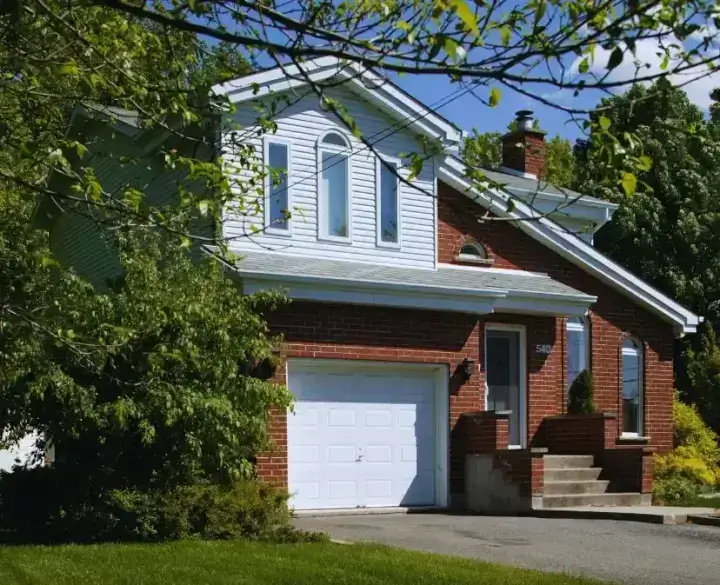
Squatting may sound like an abstract legal concept, but for Georgia property owners, it can present real challenges. can a squatter be evicted, individuals who unlawfully occupy a property, can complicate ownership and disrupt property management. Understanding the eviction process in the state is vital for protecting your rights as a property owner.
This article outlines the legal steps you can take to handle squatters while ensuring compliance with Georgia’s property laws.
What Is Squatting, and Why Does It Matter?
Squatting occurs when an individual occupies a property without the owner’s permission. Squatters usually have no legal claim or lease agreement entitling them to reside on the property. Over time, however, squatters may attempt to assert rights through adverse possession, especially if they’ve occupied the property for a significant period and meet legal requirements.
Georgia property owners cannot simply remove squatters from their property. Legally, squatters must be evicted through a formal process—even if the situation feels frustrating or unfair.
Georgia’s Laws on Squatting and Adverse Possession
Georgia property laws include provisions for adverse possession, sometimes referred to as “squatters’ rights.” Under state law, an individual may acquire the right to occupy a property if they meet these criteria over a continuous period of 20 years (or just seven years with a valid deed):
- Exclusive possession of the property
- Open and obvious occupation, meaning the public, including the property owner, is aware of their presence
- A hostile claim, meaning they occupy the property with the intention of ownership
- Continuous occupation for the legally required period
However, this is quite rare, and most squatters do not meet the legal requirements for adverse possession. Property owners still need to follow proper eviction procedures.
Legal Steps to Evict a Squatter in Georgia
Evicting a squatter in Georgia involves several legal stages. Here’s what property owners need to know to resolve this challenging issue.
1. Confirm Unauthorized Occupation
Before taking legal steps, confirm that the person occupying your property is a squatter and not a former tenant or someone with a valid legal claim. A tenant who stopped paying rent or overstayed their lease might require following landlord-tenant laws instead.
2. Provide a Written Demand to Vacate
Georgia law typically requires giving the squatter written notice to vacate the property before initiating an eviction lawsuit. A strongly worded demand letter can sometimes resolve the issue without further legal action.
3. File an Eviction Lawsuit (Dispossessory Action)
If the squatter refuses to leave, property owners must file a dispossessory action (eviction lawsuit) with their local magistrate court. This begins the formal eviction process.
The court will serve the squatter a summons, giving them time to either vacate or respond to the lawsuit. Failing to respond usually results in a default judgment in favor of the property owner.
4. Attend the Court Hearing
If the squatter contests the eviction, both parties will need to present evidence at a hearing. It’s critical to demonstrate that the squatter lacks legal right to occupy the property. Legal support can be helpful in such cases.
5. Obtain a Writ of Possession
If the court rules in the property owner’s favor, you’ll receive a writ of possession. This document allows law enforcement to remove the squatter legally if they refuse to vacate. Property owners should avoid taking matters into their own hands, as “self-help” evictions (such as changing locks or forcibly removing squatters) are illegal in Georgia.
Preventing Squatters on Your Property
Preventing squatter issues involves proactive property management. Consider these tips to protect your property:
- Secure vacant properties with locks, fences, and alarm systems.
- Frequently inspect unused properties to ensure no unauthorized access.
- Post clear “No Trespassing” signs to deter illegal entry.
- Act quickly when you notice signs of squatting to avoid prolonged legal disputes.
Reclaim Your Property the Right Way
Evicting squatters in Georgia may require patience and adherence to strict legal protocols. By following these steps and seeking professional advice if necessary, property owners can protect their rights while staying compliant with state laws.
If you’re a property owner facing squatting issues, acting quickly and legally is the best course of action to regain control over your property.



